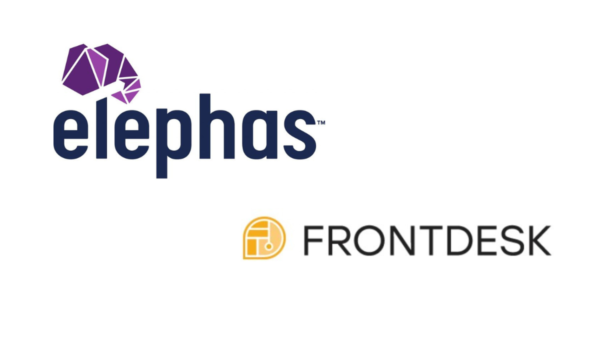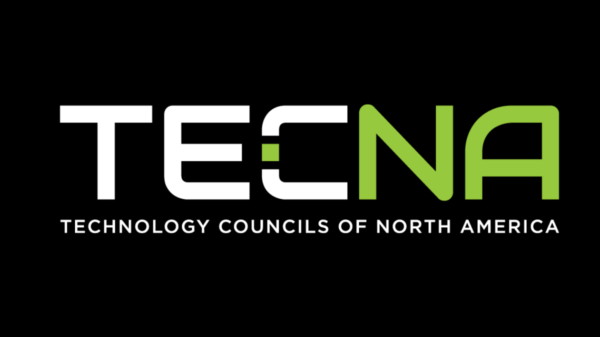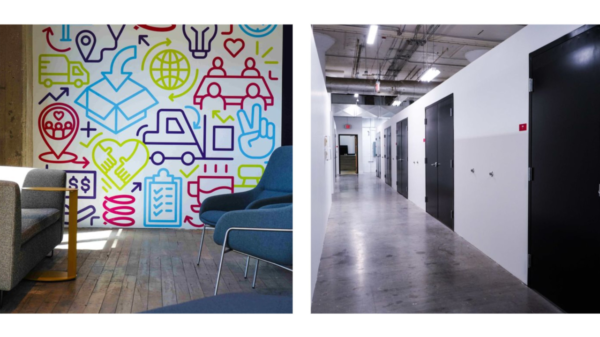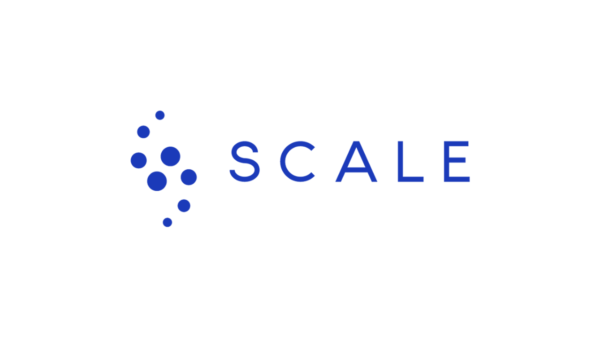It’s no secret that shopping is moving online. Local malls are shutting down because many people are buying everything they want and need from their computer or smartphone. E-commerce retail sales hit $209.5 billion in Q3 of 2021, a 36.7% year-over-year increase. Big sellers like Amazon are not the only ones getting in on e-commerce. Small businesses are also shifting to an online sales model at a record rate. There are significant implications for warehouse and fulfillment service demand.
Small businesses often could gain tremendous benefits from having a warehouse space, but they can’t afford to purchase their own warehouse property. Many small e-commerce companies are run out of the owner’s house, and the limited space to hold inventory doesn’t allow businesses to scale effectively. This is one of the reasons that the ecosystem around e-commerce is shifting, including the advent of co-warehousing.
Co-warehousing builds on the idea of co-working, by offering a small warehouse space with community as part of the business model. Co-warehousing and fulfillment service businesses give these home-based companies flexibility to provide scaling commerce without owning a whole warehouse. Basically, the co-warehousing business rents or buys a warehouse and sub-leases space to small organizations that do not need significant space, and then creating shared services (receiving, packaging, docks, often personnel) and community elements (kitchen, events, etc.).
One such company is Elevator; A new co-warehouse is coming to Omaha to service the small business owners and empower their e-commerce services. The service is perfect for businesses of all sizes, with warehouse spaces that range from 150-to 2,000 sq ft. Elevator has optional on-demand labor and custom shipping services to spend more time conducting business and less time fulfilling orders.
This warehouse is more than a storage space. In addition to the suite, Elevator provides private office spaces, conference rooms, photo & video areas; for capturing pictures of merchandise, and kitchen/break rooms. Elevator understands that efficiency is everything for their clients with few employees, and keeping the office with the inventory allows for more productivity. Clients of Elevator will be able to work on a month-by-month membership, all costs are included, and there are no long-term lease agreements.
Elevator recently closed a venture raise to get the funding for its Omaha location. They should feel confident as other co warehousing spaces have proven similar concepts work in other cities across the United States. One of the competitors of Elevator’s co-warehousing and fulfillment services is Saltbox. Founded in 2019, Saltbox started in Atlanta and has expanded to five current locations thanks to $13.8 million in funding. Saltbox is more than just a place for you to keep inventory; the company has combined the office with the warehouse and fulfillment services to allow growing e-commerce businesses to focus on their product.
Elevator plans to differentiate itself from competitors by targeting smaller communities and providing a different array of services. Currently, co-warehousing spaces, specifically those that operate as a chain, only exist in large cities. Elevator recognizes plenty of e-commerce businesses with the demand for co warehousing in mid-sized cities such as Omaha and many more across the country.
Another company, similar to Elevator, is Fayetteville-based Loloft. Loloft has a similar business model to Elevator – but grew out of a different problem. Essentially, the owners of Loloft discovered demand during early manufacturing of masks during the COVID-19 pandemic. Many local companies were seeking to build small shipping centers and micro-manufacturing as they pivoted around the new normal of the pandemic world.
Each of these co-warehousing spaces plan to service and help these small, often underserved businesses grow in ways they never could without co-warehousing’s tools. Shannon Lerda, CEO of Elevator explained, “We have been pleasantly surprised by the reaction of the community regarding our business. There seems to be a real need for small warehouse space with community.” Community is one key reason that the company’s plan includes networking events for clients within the same warehouse. As their business grows, the company will connect entrepreneurs across the country, creating a large web of clients and even more opportunities.
Co-warehousing may be a significant disruption to the existing e-commerce structure. Small businesses’ online stores will operate with the efficiency that has been expected of much larger companies running their own warehouses, allowing for more competition from the top to bottom of the market. Demand is only expected to increase as people become more familiar with the concepts, and early implementers like Elevator will reap the benefits.






































